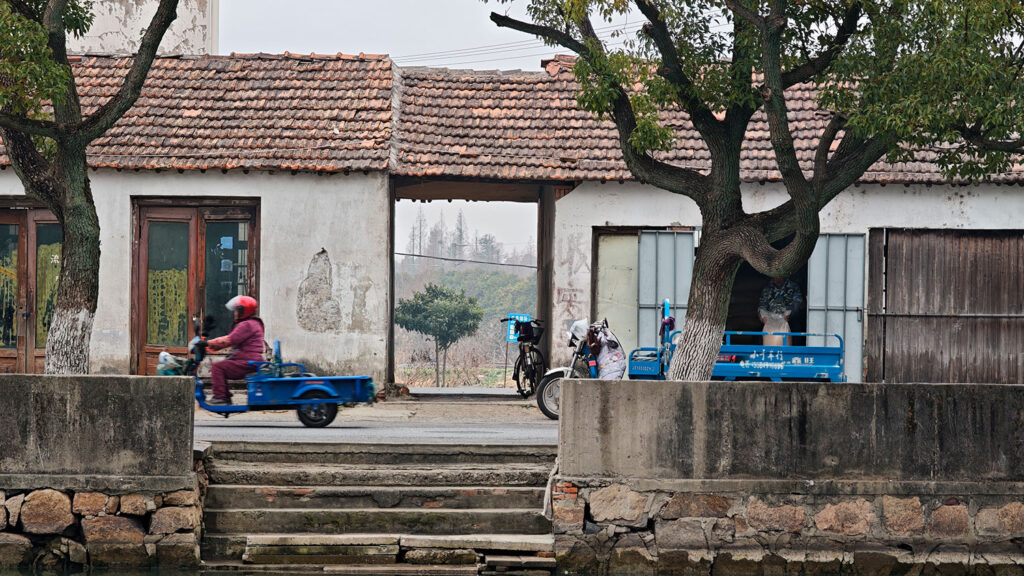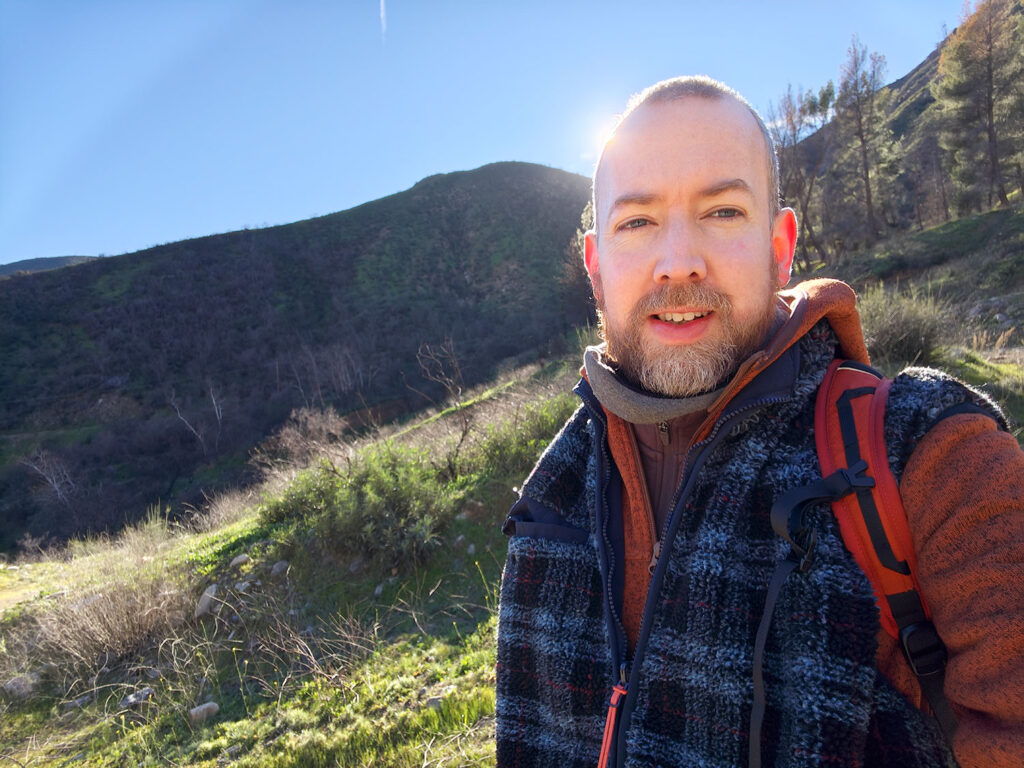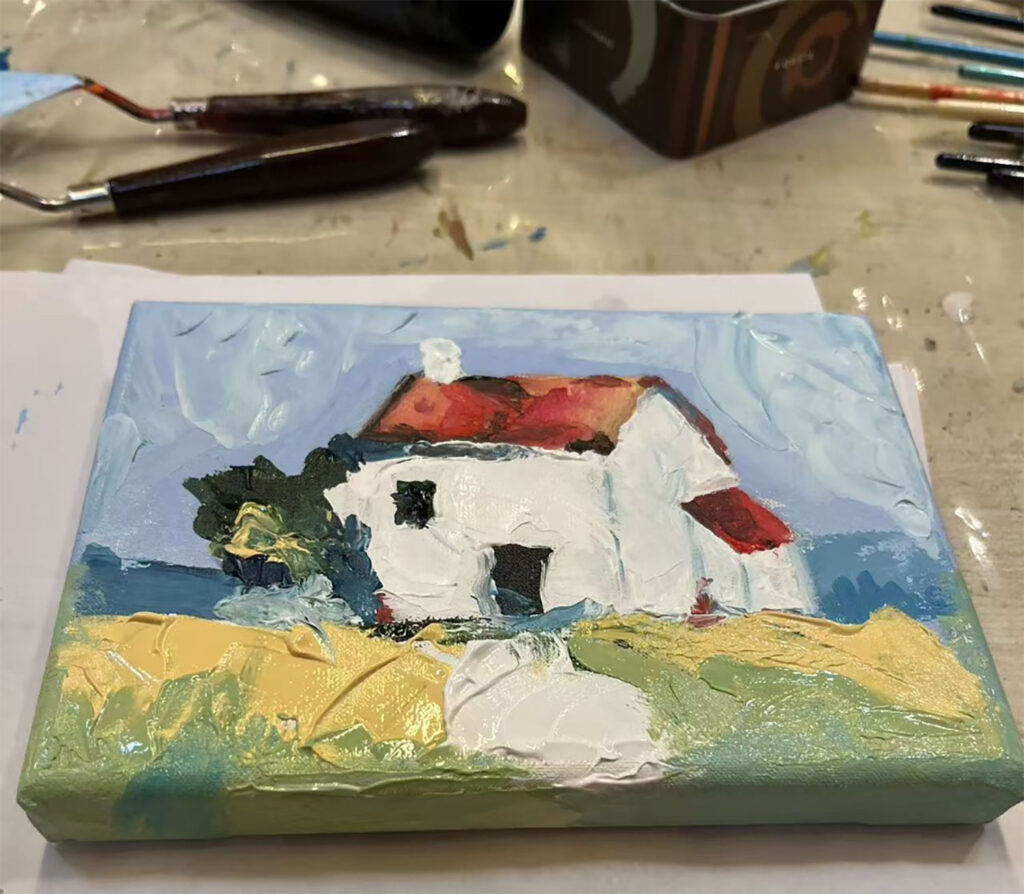There is such a video from 1999, in which people are asked if they would like a mobile phone: “No, I don’t see the point,” says a gentleman, and a lady replies: “I have a paper, that’s enough.” We were all there and yet it happened: in 2005, 91% of Dutch households had a mobile phone.
Many starting trends are initially met with the feeling that “that won’t be”. Sometimes it’s a truth that no one is waiting for, such as the news that smoking is bad, or the news that the poles are melting. Sometimes it is simply too unreal, like the earth is really round, or that only self-driving cars will be driving around. Marshall McLuhan once said: “Only small secrets need protection, big discoveries are protected by public disbelief.”
Have we ever imagined renting a car to a stranger? It is done via SnappCar, with 150,000 members. With Peerby, 200,000 people borrow each other for free, from snowboards to lawn mowers. Through Airbnb, strangers – 60 million – sleep in each other’s homes around the world. The sharing economy is on the move and we see that reflected in all kinds of forms.
When Vandebron was launched, it was called “a kind of energy supplier,” just as the first car was a “horse-less carriage.” Energy companies reacted laconically with “Vandebron is not that disruptive”, “it is still relatively small-scale”, and “such a quasi-cool startup without customers”.
Now we are almost 2 years old, 70 energy sources and 120,000 connected households further, and the impact on the market is clearly visible. Even companies with a fossil DNA, with gas and coal-fired power stations (GDF Suez with Engie and Nuon with Powerpeers) are trying to copy the model of energy without an energy company, although the question is whether they can do it.
The best is yet to come, not the least of ourselves. But fortunately, the moment of “that won’t be” is passed.



